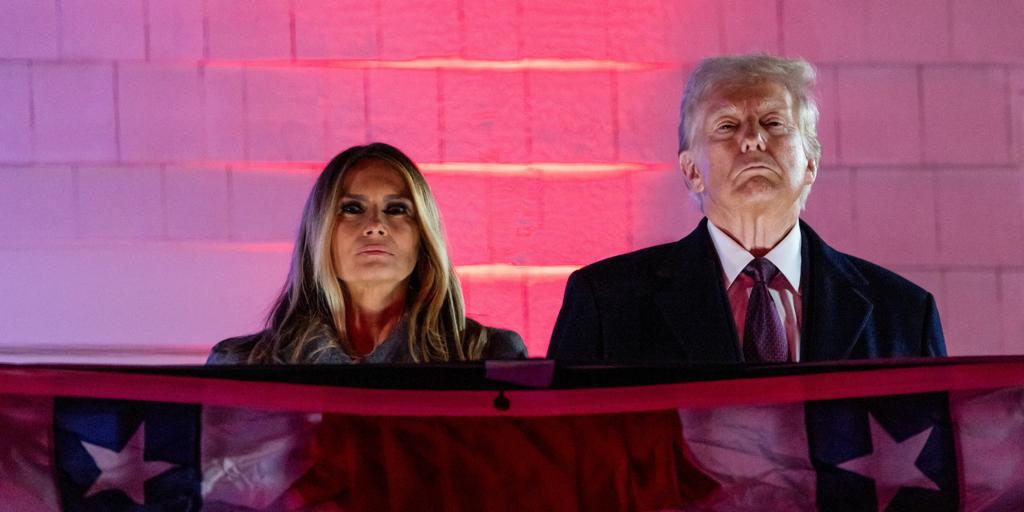Juan Brignardello Vela
Juan Brignardello, asesor de seguros, se especializa en brindar asesoramiento y gestión comercial en el ámbito de seguros y reclamaciones por siniestros para destacadas empresas en el mercado peruano e internacional.




The potential confirmation of Robert F. Kennedy Jr. as Health and Human Services Secretary raises significant concerns among public health experts, particularly regarding efforts to prevent cervical cancer through vaccination. Kennedy’s history of misleading claims and legal challenges against the human papillomavirus (HPV) vaccine, Gardasil, puts government initiatives aimed at increasing vaccination rates at risk. Kennedy’s long-standing opposition to Gardasil, a vaccine credited with saving countless lives by preventing HPV infections that can lead to cervical and other cancers, stems from his past as a vaccine injury attorney. He has filed numerous lawsuits against Merck, the manufacturer of Gardasil, since its approval by the FDA in 2006, claiming the vaccine is "dangerous and defective" and could heighten the risk of cervical cancer among vaccinated age groups. If confirmed, his position would grant him a significant platform to disseminate these claims, potentially undermining ongoing federal efforts to vaccinate adolescents against HPV. Experts warn that Kennedy's promotion of misinformation poses a serious threat to public health. Dr. Paul Offit, a pediatrician and director of the Vaccine Education Center at Children’s Hospital of Philadelphia, characterized Kennedy as a "dangerous man" whose activities could lead to unnecessary health risks. Kennedy's assertions contradict the government's goal of achieving an 80% HPV vaccination rate among adolescents by 2030, with current rates hovering around 61%, according to the CDC. The safety and efficacy of the HPV vaccine are supported by extensive research, which shows significant reductions in cervical cancer incidence among vaccinated populations. For instance, a recent study found no cases of cervical cancer among women fully vaccinated in Scotland between the ages of 12 and 13. Yet, Kennedy often highlights individual anecdotes of alleged vaccine injuries, which he uses to foster doubt and skepticism about the vaccine’s safety. The anti-vaccine narrative promoted by Kennedy is not only propagated through social media channels but is also reinforced by his involvement in ongoing litigation against Merck. He claims to represent hundreds of individuals alleging injuries from Gardasil, further fueling public hesitation. Financial disclosures from his recent presidential campaign reveal that he has earned substantial sums from both his anti-vaccine activities and his connections to law firms specializing in Gardasil litigation. Public health advocates stress the importance of preventive measures, arguing that the complications associated with treating cervical cancer are significant. They advocate for vaccination as the best approach to mitigate cancer risk before it develops, countering Kennedy's tendency to downplay the disease's severity. If Kennedy becomes HHS Secretary, his influence could extend beyond merely spreading misinformation. He could potentially sway decisions within the FDA regarding the approval status of Gardasil and nominate members to the Advisory Committee on Immunization Practices, which advises the CDC on vaccine recommendations. Changes in these recommendations could affect insurance coverage for the HPV vaccine, thereby impacting vaccination rates. As public health experts grapple with the implications of Kennedy's potential confirmation, the emphasis remains on the importance of evidence-based practices in vaccination efforts. They warn that allowing misinformation to dictate health policy could result in dire consequences for public health, especially for populations at risk for HPV-related cancers.
Innovative Surgical Treatment Shows Improvements In Alzheimer's Patients In China.

"Researchers Discover Blood Biomarkers Linking Insulin Resistance And Alzheimer's."

Trump Presents An Ambitious Plan For His First Day In Office To A Polarized Country.



